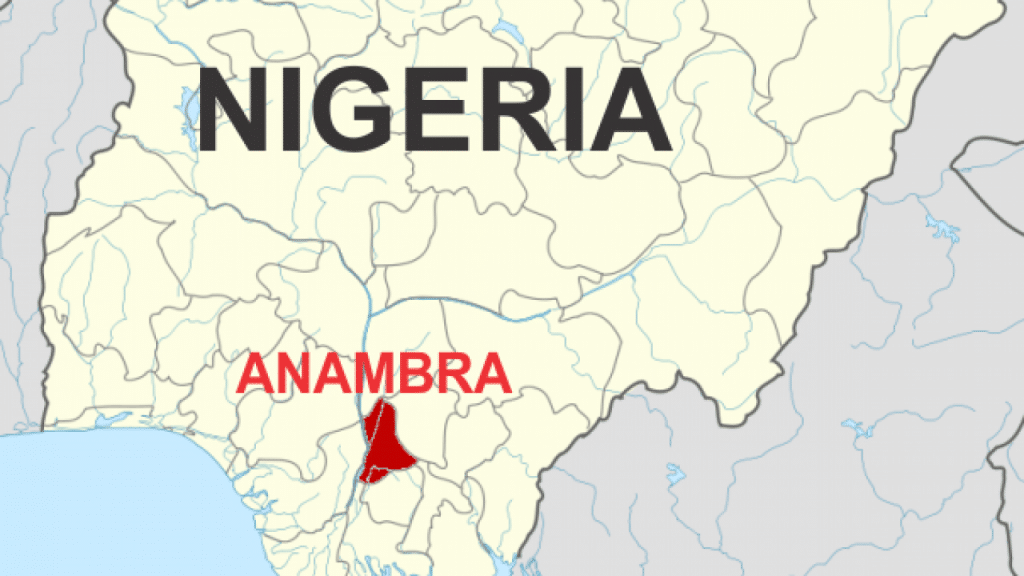Anambra State is notably absent from the roster of states identified as capable of covering personnel costs for the 2024 fiscal year.
This observation stems from a comparative analysis of 2024 personnel expenditure and revenue estimates across all 36 Nigerian states. Investigations by FIJ revealed that only Kaduna, Edo, Enugu, Gombe, Kano, Kwara, Rivers, Lagos, Ogun, Osun, and Zamfara are projected to generate adequate funds to meet their salary obligations in 2024.
For most other states, federal allocations constitute over 50 percent of their total revenue for the fiscal year 2024. Consequently, these states rely heavily on federal disbursements or loans to meet their workforce’s salary demands.
The data presented includes the revenue and personnel cost figures for several states, highlighting the disparity between revenue generation and expenditure.
Moreover, the report scrutinizes the revenue projections of the states against their overall recurrent expenditures to ascertain financial autonomy. Only Lagos, boasting a revenue of N1.25 trillion, and Enugu, with N252 billion, are deemed self-sufficient in funding their 2024 expenses.
Of note, Rivers State and Lagos are the only states with revenue forecasts surpassing the federal allocations budgeted for them in 2024.
Conversely, six states, namely Akwa Ibom, Bayelsa, Nasarawa, Rivers, Plateau, and Yobe, are projected to exceed their independent revenue in 2024, necessitating additional funds to service both foreign and domestic loans.
According to the National Bureau of Statistics, cumulative state revenues in Nigeria witnessed a notable increase of over N1 trillion in 2022, with Lagos and Rivers emerging as the top earners for that fiscal period.
State revenues in Nigeria are primarily derived from services offered by Ministries, Departments, and Agencies (MDAs), as well as taxes and fines levied on citizens and local industries within their respective jurisdictions.


